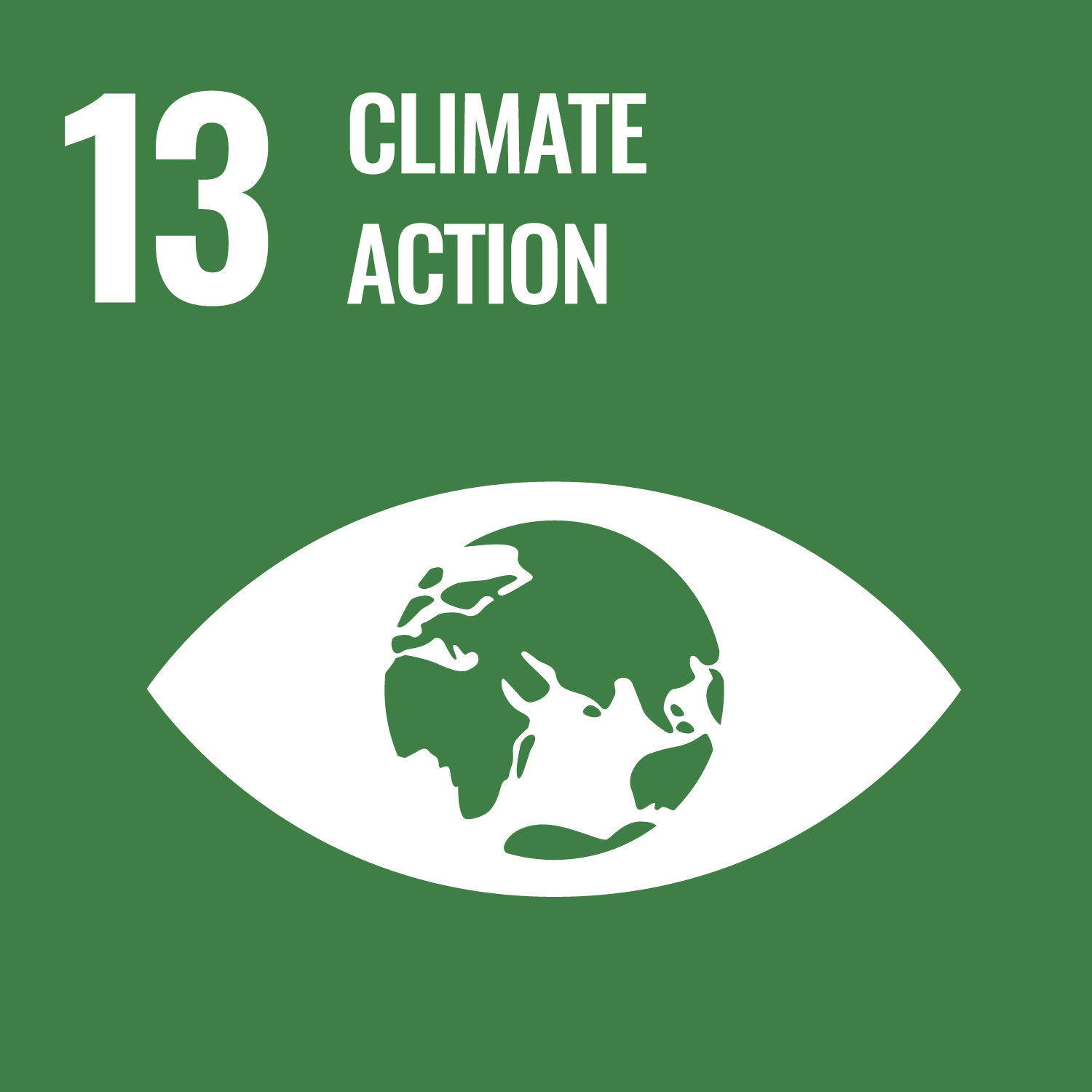Resilience & Sustainable Water Jugs Value Chain for Women Entrepreneur
Aligned SDGs


- Resilience & Sustainable Water Jugs Value Chain for Women Entrepreneur
- General overview
- Intervention
- Location
- Last data update
- Spreadsheet of data
- Resilience & Sustainable Water Jugs Value Chain for Women Entrepreneur
- General overview
- Intervention
- Location
- Last data update
- Spreadsheet of data
General overview
Stage of development: Final negotiations
Policy sectors: Environment and climate change
Type of instrument: Outcomes Fund / Technical Assistance and Market-building program (Must involve dedicated grant resources)
Delivery locations: Indonesia
Country classification: Upper-middle-income
Intervention
Social or environmental challenge
Through this program, we aim to tackle below challenge:
- Addressing Post-Pandemic Inequality: The aftermath of the pandemic has highlighted a concerning rise in inequality, particularly in urban areas, with a disparity ratio of 0.4 compared to the national ratio of 0.38. This discrepancy is further accentuated by the fact that women's employment rates hover at around 55.5%, considerably lower than the 80.7% employment rate among men.
- Tackling Plastic Pollution: Indonesia holds the alarming distinction of being the second-largest contributor to marine debris, releasing a staggering 7.8 million tons of plastic into our oceans. Urgent action is imperative to mitigate this crisis.
Description of the intervention
KUMPUL collaborates closely with Danone Indonesia and Jubelo to establish a sustainable value chain aimed at supporting women entrepreneurs. This initiative encompasses business and digitalization knowledge, livelihood enhancement, and the creation of an additional income source via waste management system. Under this framework, women entrepreneurs will be encouraged to have additional service as plastic waste collection points to quantify plastic waste and convert it into cash-equivalent points. The program includes comprehensive capacity building covering business and sustainability aspects, personalized business mentorship, and access to financial support. The overarching goal of this endeavor is to empower women entrepreneurs, enabling them to achieve a sustainable annual profit increase of up to 50%.
Location
Country:
- Indonesia
Locality:
- Indonesia
Last data update
Data for this pipeline project was last updated in August 2023
You might have noticed that some pipeline projects have more data than others. This is because organisations can share as much data as they want with the INDIGO initiative. If you have more data on one of these pipeline projects and would like to share with us, please get in touch at indigo@bsg.ox.ac.uk. Our full list of variables and data definitions can be found here.
Spreadsheet of data
Important Notice and Disclaimer on INDIGO Data
INDIGO data are shared for research and policy analysis purposes. INDIGO data can be used to support a range of insights, for example, to understand the social outcomes that projects aim to improve, the network of organisations across projects, trends, scales, timelines and summary information. The collaborative system by which we collect, process, and share data is designed to advance data-sharing norms, harmonise data definitions and improve data use. These data are NOT shared for auditing, investment, or legal purposes. Please independently verify any data that you might use in decision making. We provide no guarantees or assurances as to the quality of these data. Data may be inaccurate, incomplete, inconsistent, and/or not current for various reasons: INDIGO is a collaborative and iterative initiative that mostly relies on projects all over the world volunteering to share their data. We have a system for processing information and try to attribute data to named sources, but we do not audit, cross-check, or verify all information provided to us. It takes time and resources to share data, which may not have been included in a project’s budget. Many of the projects are ongoing and timely updates may not be available. Different people may have different interpretations of data items and definitions. Even when data are high quality, interpretation or generalisation to different contexts may not be possible and/or requires additional information and/or expertise. Help us improve our data quality: email us at indigo@bsg.ox.ac.uk if you have data on new projects, changes or performance updates on current projects, clarifications or corrections on our data, and/or confidentiality or sensitivity notices. Please also give input via the INDIGO Data Definitions Improvement Tool and INDIGO Feedback Questionnaire.